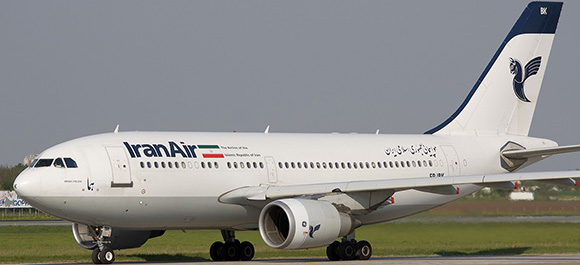Trying to confirm foreign deals before Donald Trump becomes US President, Iran announced the purchase of 80 airplanes from the US company Boeing on Sunday.
Iran Air, the national carrier, said the $16.6 billion deal includes 50 twin-jet, narrow-body 737 planes and 30 long-range, wide-body 777 aircraft. The first airplanes are scheduled for delivery in 2018, with the order fulfilled over 10 years.
The US Treasury gave approval for the sale in September, with Boeing granted a license to make the delivery despite continuing American sanctions on the Islamic Republic.
However, Republican members of Congress have been pressing for a block of the sale. President Obama has said he would veto any bill mandating a cut-off. But Trump, who takes office in January, is a critic of the July 2015 nuclear deal and has said that he supports tougher measures against Iran.
Iran is also trying to complete the purchase of 118 aircraft from Airbus, a deal announced in January, but has been hindered by the possibility of US punishment of the French manufacturer.
Because Airbus uses American components in its planes, it is subject to the restrictions of US sanctions, some of which are being maintained despite January’s implementation of the nuclear agreement.
Using language hoping to limit any objection by Trump, Boeing said, “Today’s agreement will support tens of thousands of US jobs.”
Last week Trump said he would cancel the order of two Air Force One jets, saying — without evidence — that the planes would cost $4.2 billion rather than the $1.6 billion contract price.
In recent weeks, Iran has also tried to secure essential foreign investment for oil and gas development. Memoranda of understanding have been announced with Royal Dutch Shell and France’s Total and Schellenberger.
The Rouhani Government, under pressure to deliver economic recovery, presented a Government budget last week which is seeking balance through a continued increase in oil production and exports. However, this is dependent on foreign investment, the last of which was in 2010 amid tightening US and European sanctions.

